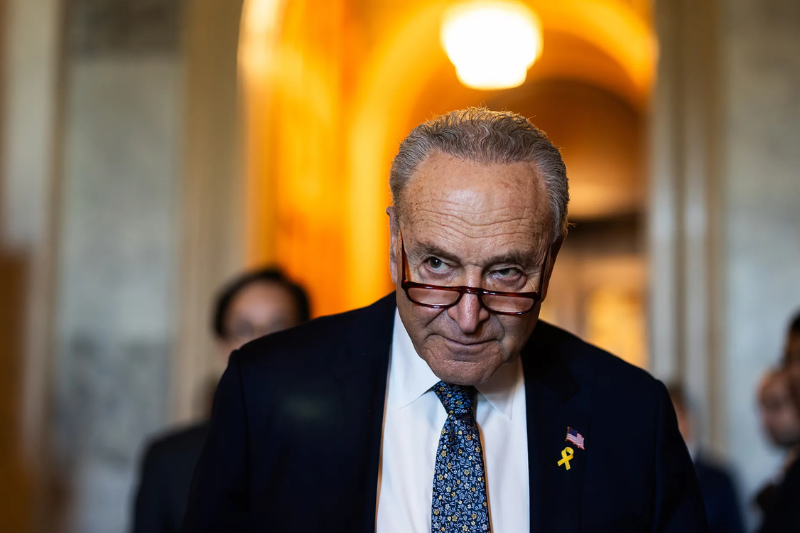
Schumer’s Israel Criticism: A Balancing Act for AIPAC
In the realm of U.S. politics, a recent development has stirred the waters, leaving one of the most influential lobbying groups, AIPAC (American Israel Public Affairs Committee), in a delicate position. The rift emerged when Senate Majority Leader Chuck Schumer publicly criticized Israel’s leadership, deviating from the traditional stance of American politicians.
The tension escalated when Schumer labeled Israeli Prime Minister Benjamin Netanyahu a “major obstacle to peace” and called for new elections in Israel. AIPAC’s response was notably subdued, underscoring the challenges it faces in navigating the complex landscape of U.S.-Israel relations.
Historically, AIPAC has refrained from openly challenging sitting American leaders, making Schumer’s rebuke a departure from the norm. While the group refrained from directly addressing Schumer’s remarks, it reiterated its support for Israel’s sovereignty and emphasized the need for continued assistance to the country.
Keep Reading
This unexpected turn of events has left AIPAC in a tight spot, caught between its longstanding allegiance to Democratic leaders and the need to maintain bipartisan support for Israel. With Schumer’s remarks signaling a shift in the political landscape, AIPAC finds itself treading carefully to preserve its influence.
The situation is further complicated by the looming specter of electoral politics. AIPAC, known for its significant financial contributions to pro-Israel candidates, faces the challenge of reconciling its objectives with the evolving dynamics within the Democratic Party.
Despite the discomfort caused by Schumer’s remarks, AIPAC remains committed to its mission of promoting strong U.S.-Israel relations. However, the organization must navigate this delicate balancing act with finesse to ensure its continued relevance in American politics.
As the dust settles, all eyes are on AIPAC as it grapples with the aftermath of Schumer‘s rebuke and charts its course in an increasingly polarized political landscape.




